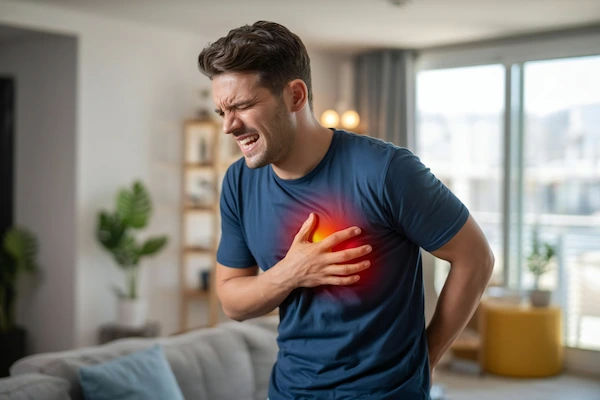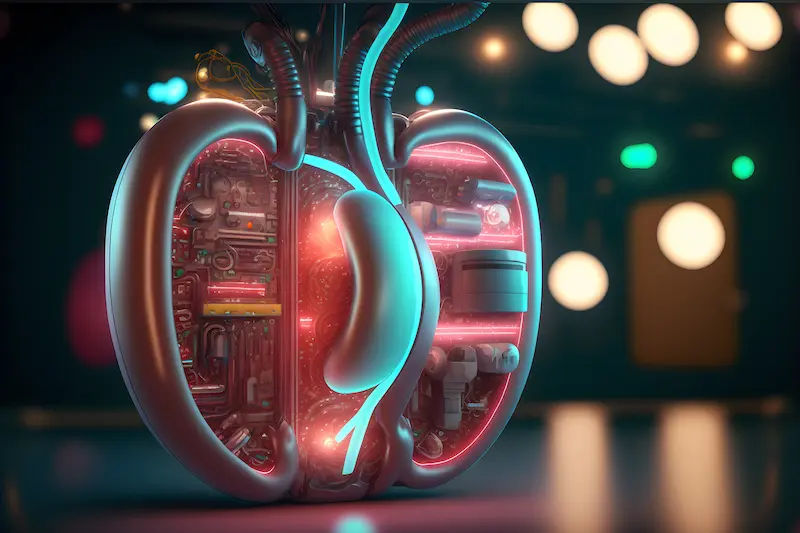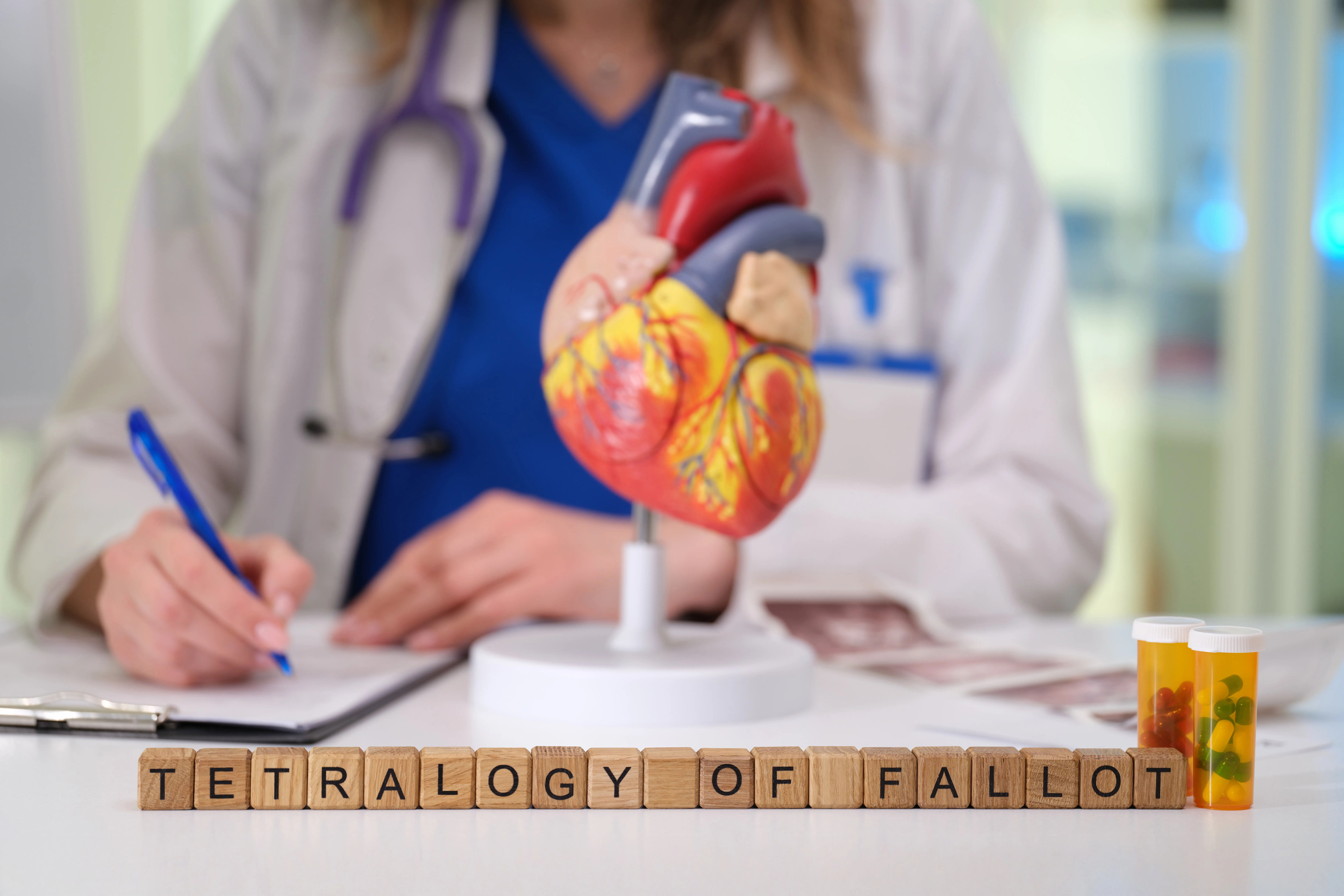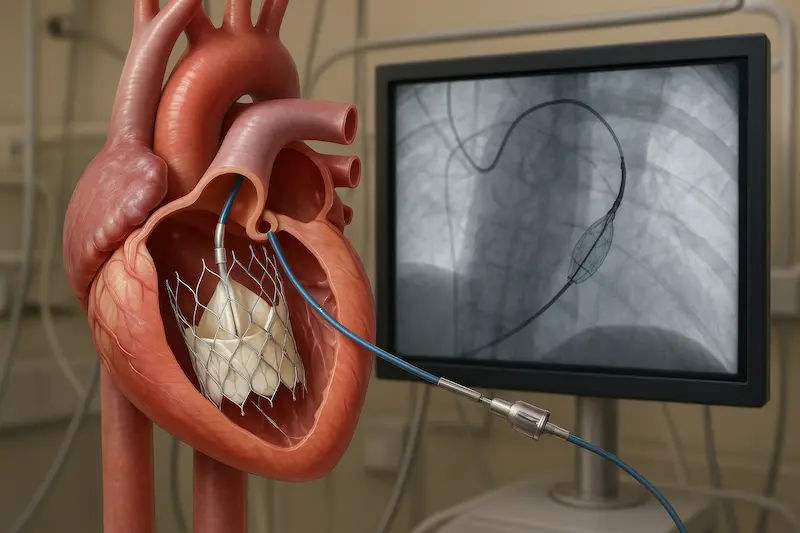- Male
- 21 Years
- 29/01/2025
I'm a footballer and have been experiencing mild pain in my chest and back occasionally. All tests including ECG and echo came back normal when they were done in July, but the pain hasn't really stopped and sticks around for a while. Should I consider repeating these tests? How regularly do they need to be done for someone with my level of physical activity?
Answered by 1 Apollo Doctors
Since you are experiencing mild pain in your chest and back, especially during physical activity as a footballer, it is important to monitor your heart health regularly. Considering your active lifestyle, it is recommended to repeat the ECG and echo tests annually to ensure there are no changes in your heart function. This regular monitoring will help in early detection of any potential issues and ensure your heart is healthy enough to support your extensive training.
Dr. Kareemulla Suggests...
Consult a Cardiologist
Answered 04/07/2025
0
0

More Cardiology Health Queries
View allI've been keeping an eye on my health, and I recently checked my pulse rate. It came out to be 96,100 on an average day. I'm a bit concerned and wondering if this is normal or if it might indicate some kind of issue. Could you give me some advice on this?
yes its normal
Answered by 1 Apollo Doctors
I've been having some concerns after getting the Covishield vaccine a few days ago. I've been experiencing chest pain and a feeling of tightness, along with mild difficulty breathing when I'm lying down. There's also a lot of mucus coming from my mouth. It feels like I might have a cold, considering I've had COVID before. Should I be worried about possible chest congestion or could it be something else?
take one mucolytic for 5 days twice a day
Answered by 1 Apollo Doctors
I'm experiencing some issues that are really concerning me. I have chest pain, shortness of breath, palpitations, and sometimes I feel really drowsy. I've tried sticking out my tongue, but I've had X-rays, echocardiograms, and TMT tests, and they all came back normal. The weirdest part is that these symptoms usually hit me at midnight when I'm sleeping. I'm worried because it keeps happening. Could you help me understand what might be going on?
it might be because of anxiety , reduce stress levels
Answered by 1 Apollo Doctors
Disclaimer: Answers on Apollo 247 are not intended to replace your doctor advice. Always seek help of a professional doctor in case of an medical emergency or ailment.





